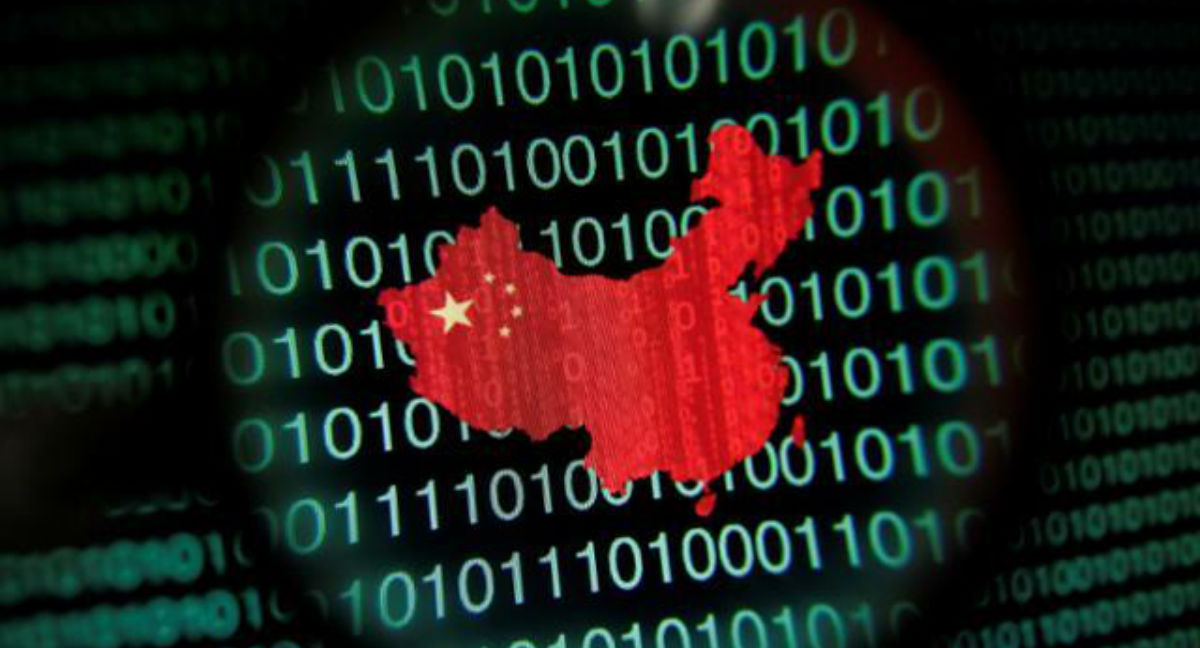
Research integrity, Chinese style
A novel way of enforcing ethical behaviour
As if Chinese scientists needed any reminders of how seriously their government regards research misconduct after the He Jiankui debacle, they now face the prospect of becoming an un-person in society.
According to Nature,“under the new policy, dozens of government agencies will have the power to hand out penalties to those caught committing major scientific misconduct, a role previously performed by the science ministry or universities. Errant researchers could also face punishments that have nothing to do with research, such as restrictions on jobs outside academia, as well as existing misconduct penalties, such as losing grants and awards.”
China has already introduced a “social credit system” under which people who breach regulations can be fined or restricted by government agencies. Within a few years, the Party says, it will “allow the trustworthy to roam freely under heaven while making it hard for the discredited to take a single step”. People can lose social credit for having unpaid fines or criticising the government, as well as for crime.
“Almost all aspects of daily life for the guilty scientists could be affected,” Chen Bikun, of Nanjing University of Science and Technology, told Nature.
“I have never seen such a comprehensive list of penalties for research misconduct elsewhere in the world,” says Chien Chou, a scientific integrity education researcher at Chiao Tung University in Taiwan.
Despite China’s great strides forward in science and technology, it has been plagued by research scandals – faked results, faked peer reviews, fake CVs, unethical and unapproved research, and so on. This has severely tarnished the prestige of its researchers. After dangling big carrots in front of them, now the government seems to be trying a very big stick.
Creative commons
https://www.bioedge.org/images/2008images/FB_china_social_credit.jpg
china
social credit system
